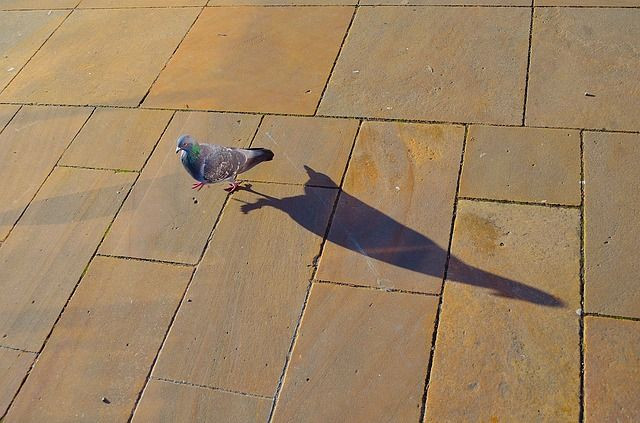City Life Changes Country Bird to Town Bird: How Urban Growth Alters Bird Behavior

A new study reveals that urban growth alters the behavior of birds, after researchers found that city and country birds of the same species do not react in the same way.
The latest study, published in the journal Animal Behavior, suggests that birds living in the city change their anti-predator behavior to adapt to new environments.
Researchers explained that when a bird encounters a predator, the only objective of the bird is to escape. However, researchers found that city birds do not react in the same way as their countryside counterparts, suggesting that urbanization plays a large role in the survival strategies of these birds.
Researchers Juan Diego Ibáñez-Álamo, of University of Granada (UGR), and Anders Pape Møller of Paris-Sud University (France), examined the escape techniques of 1,132 birds belonging to 15 species living in different rural and urban areas.
Researchers found that despite being from the same species, city birds altered their behavior to adapt to new threats like cats, which is their main predator in the city, instead of their more traditional enemies in the countryside, like the sparrow hawk.
"When they are captured, city birds are less aggressive, they produce alarm calls more frequently, they remain more paralyzed when attacked by their predator and they loose more feathers than their countryside counterparts," Ibáñez-Álamo said in a statement.
The latest study suggests that urbanization is directly linked to the difference in escape strategies of city birds, and that the differences become more acute the earlier urbanization takes place.
"Birds should modify their behavior to be able to survive in cities because if not, they will become extinct at the mercy of urban growth," researchers said.
Researchers explain that discovering how animals and plants adapt to transformations in their habitat is "crucial" for understanding how to lessen their effects.
"Predation change caused by city growth is serious," Ibáñez-Álamo said.
Published by Medicaldaily.com



























